In a world where understanding human behavior has become crucial for success, DISC assessments have emerged as a game-changing tool. But what exactly is DISC, and how can it benefit you?
Welcome to the Ultimate Guide to Everything DISC, where we will delve into the depths of this assessment and provide you with all the insights you need to know. Whether you’re a business leader looking to build strong teams, a manager aiming to improve communication, or an individual seeking personal growth, Everything DISC has something valuable to offer.
Developed by psychologist William Moulton Marston, DISC examines four fundamental behavioral traits: Dominance, Influence, Steadiness, and Conscientiousness. By understanding these traits, DISC helps individuals and organizations gain a profound knowledge of themselves and others, enabling better communication, improved relationships, and enhanced performance.
As we navigate through this ultimate guide, we will explore the benefits of DISC, understand how different individuals relate to one another, and discover practical ways to apply this knowledge in various aspects of life. Get ready to uncover the power of DISC and unlock the potential within yourself and your team.
Table of Contents
What is the DISC assessment tool?
The DISC assessment tool is a behavioral profiling system that helps individuals and organizations better understand themselves and others. Developed by psychologist William Moulton Marston, DISC examines four fundamental behavioral traits: Dominance, Influence, Steadiness, and Conscientiousness. These traits form the basis of the DISC model, categorizing individuals into four different personality types.
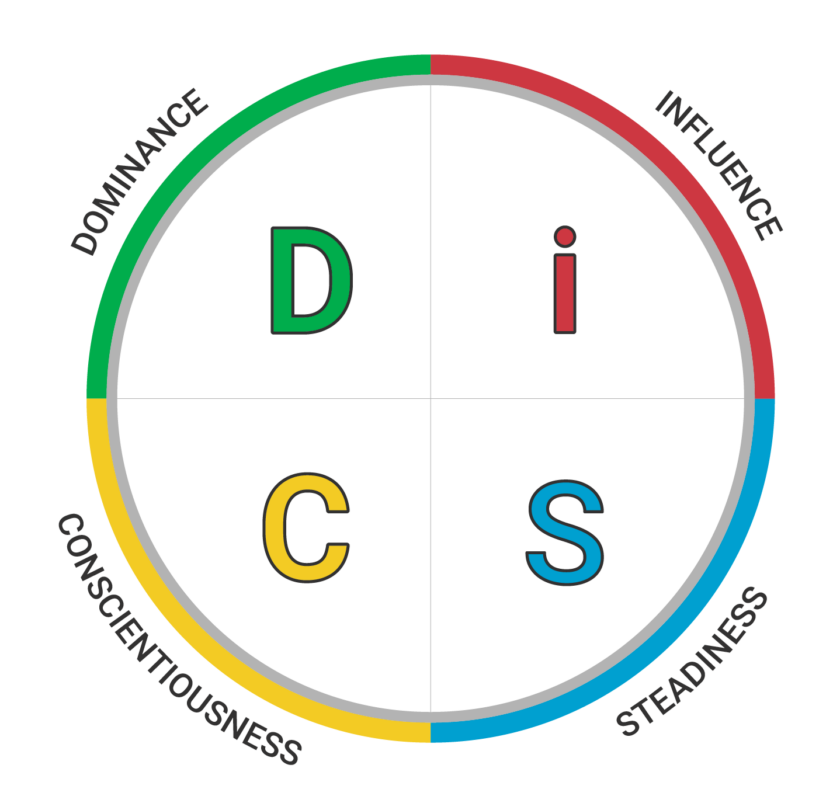
The DISC assessment questionnaire asks individuals questions to determine their preferred behavioral styles. The results provide insights into how individuals communicate, make decisions, handle stress, and interact with others. By understanding these behavioral styles, individuals can better understand their strengths and weaknesses and learn how to effectively adapt their communication and behavior to interact with different personality types.
The DISC assessment is widely used in various industries, including business, education, and personal development. Its versatility and effectiveness have made it a popular tool for improving communication, building strong teams, and enhancing performance. As an Everything DISC Authorized Partner and Facilitator, all of the Unlit Leadership Coaching Programs utilize the various assessments as a baseline for self-reflection and self-assessment.
The history of the DISC assessment tool
The history of the DISC assessment tool can be traced back to the early 20th century when psychologist William Moulton Marston began studying human behavior. Marston believed that there were four primary emotions and corresponding behavioral responses that shaped human behavior. These emotions were dominance, influence, steadiness, and compliance.
Based on his research, Marston developed the DISC model, which classified individuals into four different personality types based on their dominant behavioral traits. Marston’s work laid the foundation for the DISC assessment tool, widely used today to gain insights into individual and group behavior.
Over the years, the DISC assessment tool has evolved and been refined by various experts in the field of psychology. Today, it is recognized as one of the most effective tools for understanding human behavior and improving interpersonal relationships.
How does the DISC assessment work?
The DISC assessment works by asking individuals a series of questions that measure their preferred behavioral styles. These questions assess how individuals respond to different situations, their communication preferences, and their approach to problem-solving.
The assessment typically takes 15-20 minutes and consists of multiple-choice questions. The questions are designed to be straightforward, allowing individuals to answer honestly and accurately.
Once the assessment is complete, the results are analyzed to determine the individual’s dominant behavioral traits. Based on the responses, individuals are categorized into four DISC personality types: Dominance, Influence, Steadiness, or Conscientiousness.
Understanding the four DISC personality types
1. Dominance (D): Individuals with a dominant personality type are assertive, results-oriented, and task-focused. They are natural leaders who thrive on challenges and take charge of situations. They are driven by achieving goals and are often decisive and direct in their communication.
2. Influence (I): Individuals with an influential personality type are outgoing, social, and persuasive. They excel in building relationships, inspiring others, and influencing people. They are natural communicators who enjoy being the center of attention and thrive in social settings.
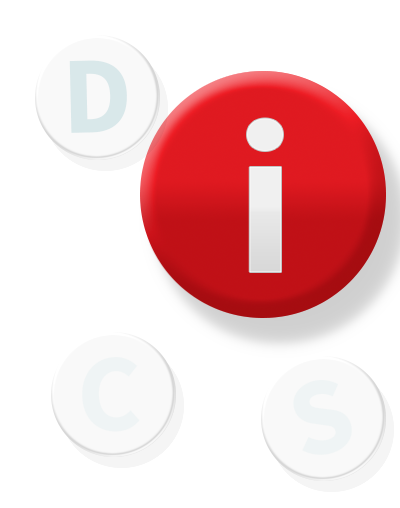
3. Steadiness (S): Individuals with a steady personality type are calm, patient, and dependable. They value stability, harmony, and cooperation. They are excellent listeners and are often the peacemakers in a group. They prefer a steady and predictable environment and are great team players.
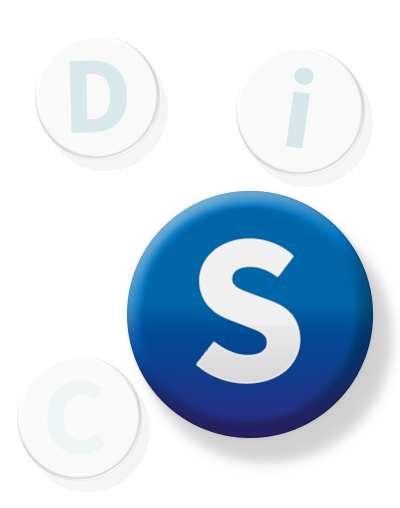
4. Conscientiousness (C): Individuals with a conscientious personality type are analytical, detail-oriented, and cautious. They have a strong focus on quality and accuracy. They excel in tasks that require precision and attention to detail. They are often systematic and organized in their approach to work.

Benefits of using the DISC assessment tool
The DISC assessment tool offers numerous benefits for individuals and organizations. Here are some of the key benefits of using the DISC assessment:
1. Enhanced self-awareness: The DISC assessment provides individuals with valuable insights into their behavioral styles, strengths, and weaknesses. This self-awareness allows individuals to understand how they naturally respond to different situations and how they can adapt their behavior to better communicate and collaborate with others.
2. Improved communication: Individuals can improve their communication skills by understanding others’ behavioral styles. They can learn to adapt their communication style to effectively interact with different personality types, leading to better understanding, reduced conflict, and improved relationships.
3. Stronger teams: The DISC assessment can be a powerful team-building tool. By understanding the behavioral styles of team members, leaders can create diverse teams that complement each other’s strengths. This leads to increased collaboration, better problem-solving, and higher team performance.
4. Personal growth and development: The DISC assessment can catalyze personal growth and development. By identifying areas for improvement and leveraging their strengths, individuals can enhance their professional skills, build resilience, and achieve their goals.
5. Enhanced leadership effectiveness: The DISC assessment provides valuable insights for leaders to understand their leadership style and how it impacts their team. By adapting their leadership approach to the needs of their team members, leaders can improve motivation, engagement, and overall team performance.
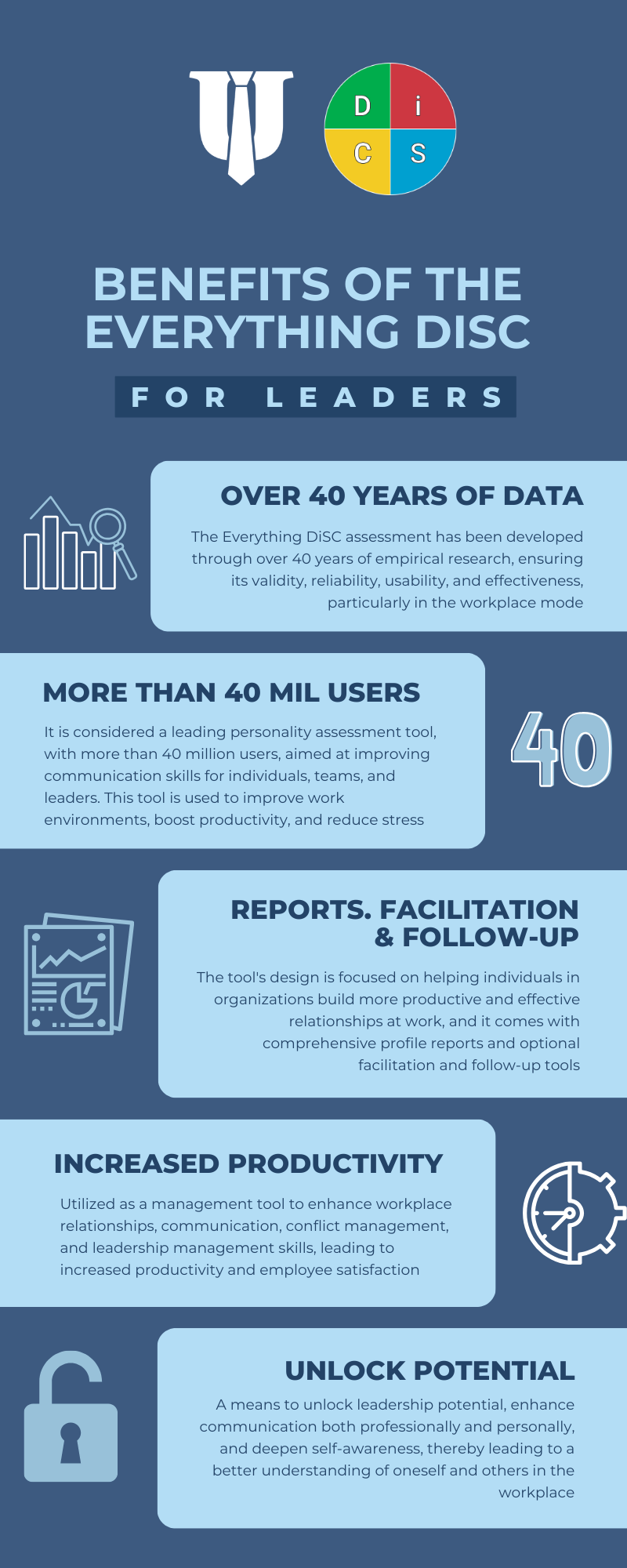
References: Disc Profile Website, Integris Performance Advisors, Profile Assessment Website, Action Strategies By Design, and Leadx
Applications of the DISC assessment in different industries
The DISC assessment has found applications in a wide range of industries. Here are some examples of how the DISC assessment is used in various fields:
1. Business and management: The DISC assessment is widely used in business and management to improve leadership effectiveness, enhance team dynamics, and boost employee engagement. It helps leaders understand their team members’ behavioral styles and adapt their management approach accordingly.
2. Sales and marketing: The DISC assessment is valuable in sales and marketing as it helps professionals understand customers’ behavioral styles and adapt their sales and marketing strategies accordingly. By tailoring their approach to customers’ preferences, sales and marketing professionals can build stronger relationships and increase sales.
3. Education and training: The DISC assessment is used in education and training to help students and professionals understand their learning and working styles. It helps educators and trainers tailor their teaching and training methods to meet the needs of different learners, improving engagement and knowledge retention.
4. Human resources: The DISC assessment is valuable for human resources professionals in recruitment, team building, and conflict resolution. It helps HR professionals understand the behavioral styles of candidates and employees, enabling them to make informed hiring decisions and resolve conflicts effectively.
5. Personal development: The DISC assessment is widely used in personal development to help individuals better understand themselves and their behavioral preferences. It provides a roadmap for personal growth and development, assisting individuals to leverage their strengths and overcome weaknesses.
Training programs and resources for using the Everything DISC assessment
To effectively use the DISC assessment, it’s essential to have proper training and access to resources. Various training programs and resources can help individuals and organizations make the most of the DISC assessment. Here are some options that Unlit Leadership offers:
1. Online Everything DISC assessments: As an Authorized Partner Of Wiley’s Everything DISC Network, I offer access to the Catalyst Online platform as part of all one-on-one coaching packages. The Everything DISC Catalyst™ is a personalized learning platform that acts as each learner’s home base throughout their DiSC® journey. The platform has a user-friendly interface and can be accessed from anywhere, making it convenient for individuals and organizations.
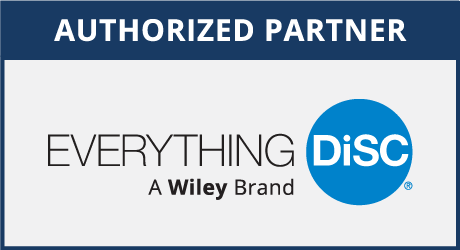
2. DISC training workshops: As an Everything DISC Facilitator, I also offer workshops and seminars on the DISC assessment. These workshops provide participants with a comprehensive understanding of the DISC model and its applications. Participants learn to interpret the assessment results and apply the insights in real-world scenarios. Book a free consultation to see if a workshop might be needed for your team.

3. Books and publications: Numerous books and publications are available that delve into the DISC assessment and its applications. These resources provide valuable insights and practical tips for using the DISC assessment effectively. Here at Unlit Leadership, we offer many guided journals based on the principles of the Everything DISC framework. Check out the latest journal explicitly curated for the “C” or Conscientious Type.

By investing in proper training and utilizing available resources, individuals and organizations can maximize the benefits of the DISC assessment and drive personal and professional growth.
Conclusion: The power of the DISC assessment tool in personal and professional development
The DISC assessment is a powerful tool for understanding human behavior and improving interpersonal relationships. The DISC assessment provides valuable insights into individual and group dynamics by examining four fundamental behavioral traits.
From enhancing self-awareness to improving communication and building strong teams, the DISC assessment offers numerous benefits for individuals and organizations across various industries. Its versatility and effectiveness make it a game-changing personal and professional development tool.
As you embark on your journey to unlock the potential within yourself and your team, remember the power of the DISC assessment. Embrace its insights, adapt your communication and behavior, and watch your personal and professional relationships flourish. The DISC assessment is a tool and a pathway to growth and success.



